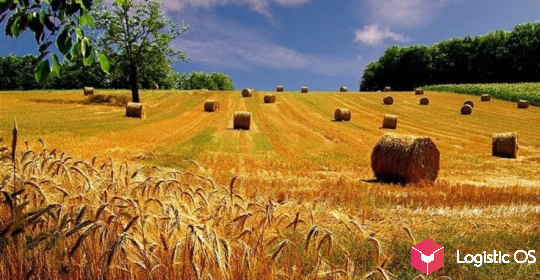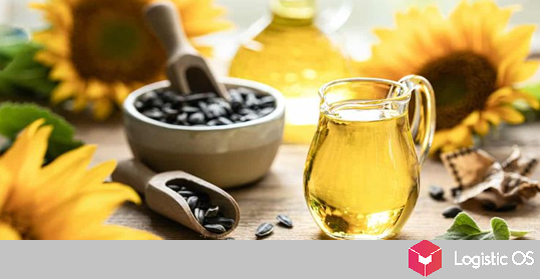Currently, the harvest of oilseeds in the Russian Federation has come to an end. We managed to harvest 1.3 million tons of sunflower more than a year earlier.
In the current season, 13.2 million tons of sunflower were harvested, while a year ago the harvest was only 11.9 million tons.
There is also an increase in soybeans: instead of 3.5 million tons, 4 million tons were harvested. The rapeseed crop increased slightly: 2.9 million tons instead of 2.7 million.
As always, the Krasnodar Territory is among the leaders in terms of gross collection. At the same time, as noted in the agricultural firm «Progress», the results of the current season are not bad, but still not brilliant.
For example, rapeseed showed a yield of 25 centners per hectare.
The farmers are happy with this indicator, because it could have been much worse: there was no rainfall last fall, so the rapeseed was far from being in the best condition before winter.
As for soybeans, its yield is 22 centners per hectare. The agrofirm is dissatisfied with this result and is going to take measures to collect at least 28-30 centners of soybeans per hectare next year.
At the same time, the farmers have already begun a new season: winter rapeseed in the Kuban has already been sown in some places.
Will farmers be able to profit from sunflower seeds?
The question is controversial.
First, in the same Krasnodar Territory, many farms lost up to 30-40% of sunflower due to heavy rains at the time of harvesting.
And even what we managed to collect is often of poor quality, because the acidity in the seeds has significantly increased, and it is impossible to sell them.
At the same time, as Andrey Zorin, head of the Zerno Zhizni Povolzhsky agricultural holding, noted, sunflower and chickpea were the most successful crops this year, because they were least affected by the heat.
However, whether producers will ultimately be able to profitably sell what they have managed to grow is a moot point.
On the one hand, prices for products are now growing rapidly, but the export duty is also growing behind them. At the same time, the cost of agricultural products is also increasing — if only because fertilizers are becoming more expensive.
“Alas, we cannot imagine what the further actions of the state will be, which quite often changes the rules of the game,” complains Zorin.
Currently, sunflower prices have risen to the level of 40 thousand rubles per ton and are at a record high.
The Russian government is going to develop a set of measures that will help reduce prices on the domestic market. But so far, nothing prevents the price of sunflower from conquering new peaks almost every day.

